People Who Sleep Fast Always Do These 10 Things Before Bed
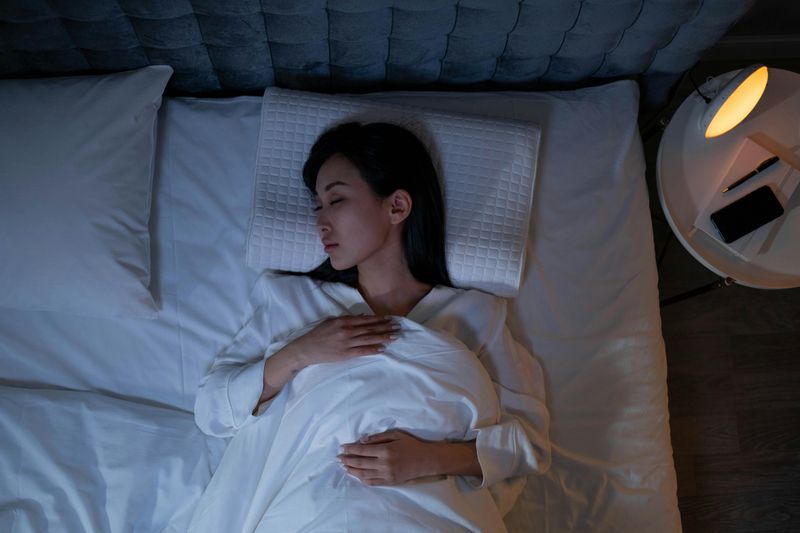
Ever wonder why some people fall asleep the moment their head hits the pillow while others toss and turn for hours? The secret isn’t luck or genetics—it’s their bedtime habits. Fast sleepers follow simple routines that help their bodies and minds relax naturally. If you want to join the ranks of people who sleep quickly and deeply, these 10 proven strategies will transform your nights.
1. They Eat and Drink Wisely

Your stomach shouldn’t be working overtime when you’re trying to sleep. Heavy meals force your digestive system into overdrive, creating discomfort that keeps you awake. Caffeine lingers in your system for hours, blocking the sleepy signals your body sends.
Smart sleepers finish dinner at least three hours before bed. They choose lighter options that won’t cause heartburn or indigestion. Water intake happens earlier in the day to avoid midnight bathroom trips.
Alcohol might make you drowsy initially, but it disrupts deep sleep cycles later. Choosing what and when you consume makes a massive difference in how quickly you drift off.
2. They Avoid Screens
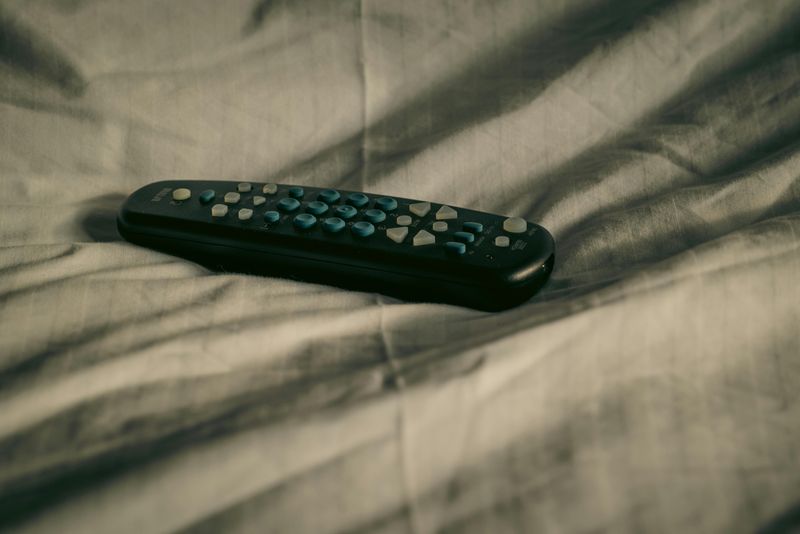
The blue light from television and laptop screens tricks your brain into thinking it’s still daytime, suppressing melatonin—the hormone that signals it’s time to sleep. Watching shows or browsing online keeps your mind active and alert when it should be winding down.
People who fall asleep easily shut off their screens at least 30 minutes before bedtime, creating a calm buffer between stimulation and rest.
Instead of streaming or scrolling, they listen to soothing music. The gentle sound helps quiet the mind, allowing melatonin to rise naturally and sleep to come effortlessly.
3. They Shift Into Rest Mode

Jumping from work emails straight into bed rarely works. Your body needs time to shift from productivity to peace, much like a car easing to a stop before parking. Stretching and meditation offer that gentle slowdown your system craves.
Successful sleepers often spend a few quiet minutes releasing muscle tension with light stretches. This physical relaxation prepares the body for stillness.
Meditation then takes over, calming racing thoughts and slowing the heart rate as the mind transitions toward rest. Together, these rituals form a bridge between wakefulness and sleep. Practiced consistently, they train both body and mind to settle easily each night.
4. They Clear Their Minds

Mental clutter keeps your brain buzzing when it should be resting. Fast sleepers know that racing thoughts are sleep’s biggest enemy, so they actively work to quiet their minds before climbing into bed.
Journaling helps dump worries onto paper, where they can wait until morning. Meditation teaches the mind to let go of anxious loops. Even simple deep breathing can signal your brain that it’s safe to power down.
Creating this calm mental space transforms bedtime from stressful to peaceful. Your thoughts don’t have to disappear completely—they just need somewhere else to go for the night.
5. They Know Their Cool Zone
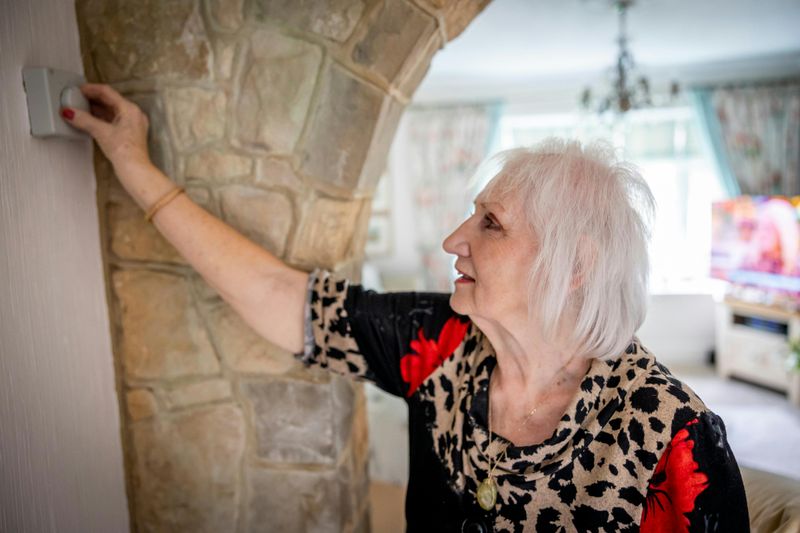
Temperature plays a bigger role in sleep than most people realize. Your body needs to drop its core temperature by a few degrees to fall asleep properly. Hot rooms fight against this natural cooling process, leaving you restless and uncomfortable.
Quick sleepers keep bedrooms between 60 and 67 degrees Fahrenheit. This range allows your body to cool down naturally. They use breathable sheets and adjust blankets instead of cranking up the heat.
Finding your personal cool zone might take some experimentation. Once you discover the right temperature, falling asleep becomes noticeably easier and your sleep quality improves dramatically throughout the night.
6. They Welcome the Dark
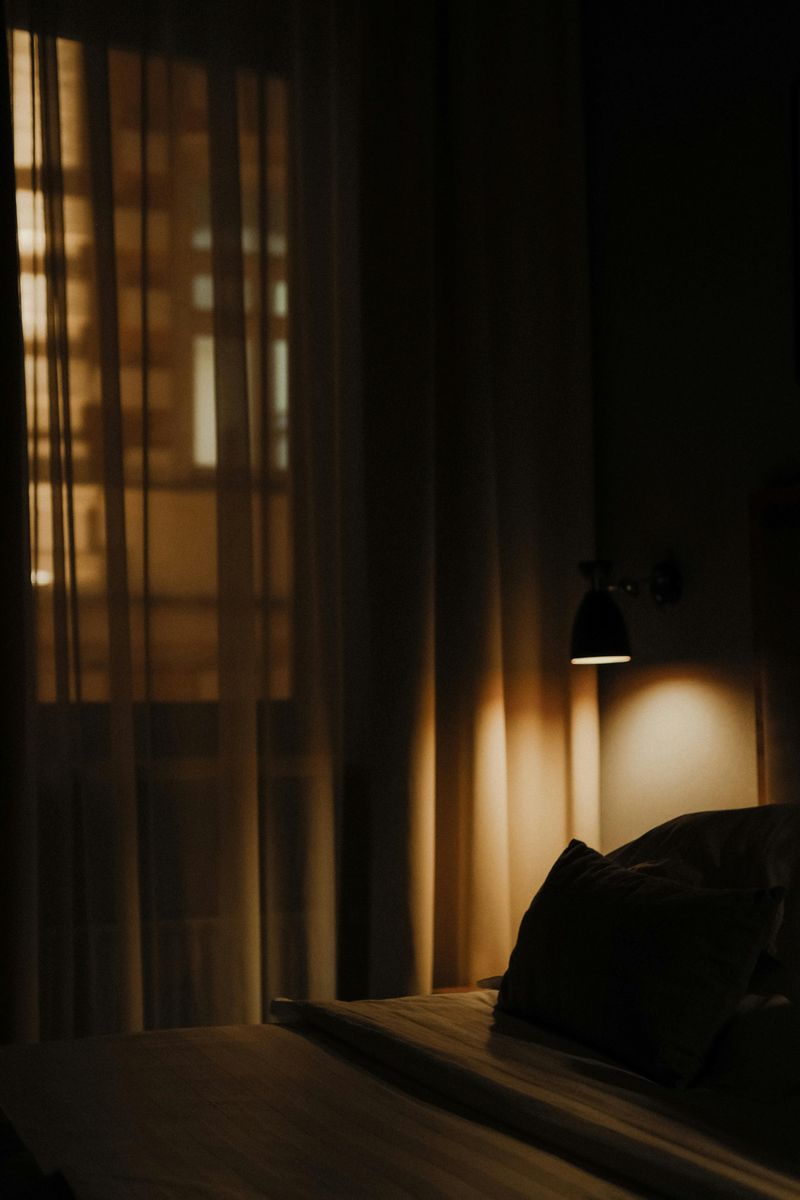
Darkness is nature’s sleep signal. When your eyes detect light, your brain assumes it’s time to be awake and alert. Even small amounts of light from street lamps or electronics can interfere with melatonin production.
Fast sleepers eliminate light sources completely. Blackout curtains block outside streetlights. They cover or remove glowing alarm clocks and charging indicators. Sleep masks provide portable darkness for those who can’t control their environment.
Creating true darkness tells your brain that nighttime has arrived. This simple environmental change can dramatically reduce the time it takes to fall asleep and improve overall rest quality.
7. They Leave Phones on Silent

Notification sounds jolt your nervous system, even when you’re trying to relax. That buzz or ping activates your curiosity and stress response, making it nearly impossible to settle into sleep. Your brain stays on alert, waiting for the next interruption.
Consistent sleepers silence everything before bed. They activate do-not-disturb modes or leave devices in another room entirely. Emergency contacts can usually bypass these settings if truly needed.
Removing the possibility of interruption lets your mind fully commit to sleep. Without the constant threat of distraction, you can sink into rest without that nagging awareness that your phone might demand attention.
8. They Keep a Consistent Sleep Schedule
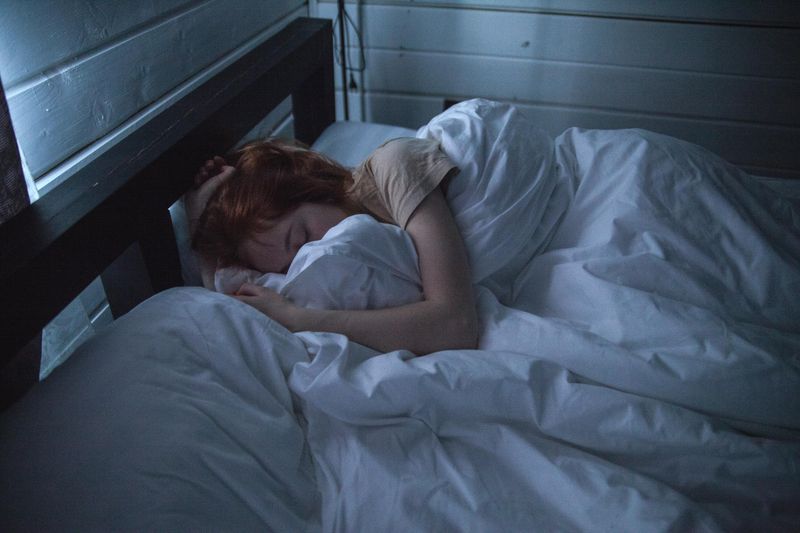
Your body runs on an internal clock called the circadian rhythm. When you go to bed and wake up at random times, you confuse this system, making sleep feel unpredictable and difficult.
Fast sleepers stick to the same schedule every single day—yes, even on weekends. This consistency trains their bodies to feel naturally tired at bedtime and alert at wake time. After a few weeks, falling asleep becomes almost automatic.
Your brain learns the pattern and starts preparing for sleep before you even get into bed. This biological programming is incredibly powerful once established through regular habits.
9. They Limit Naps Smartly
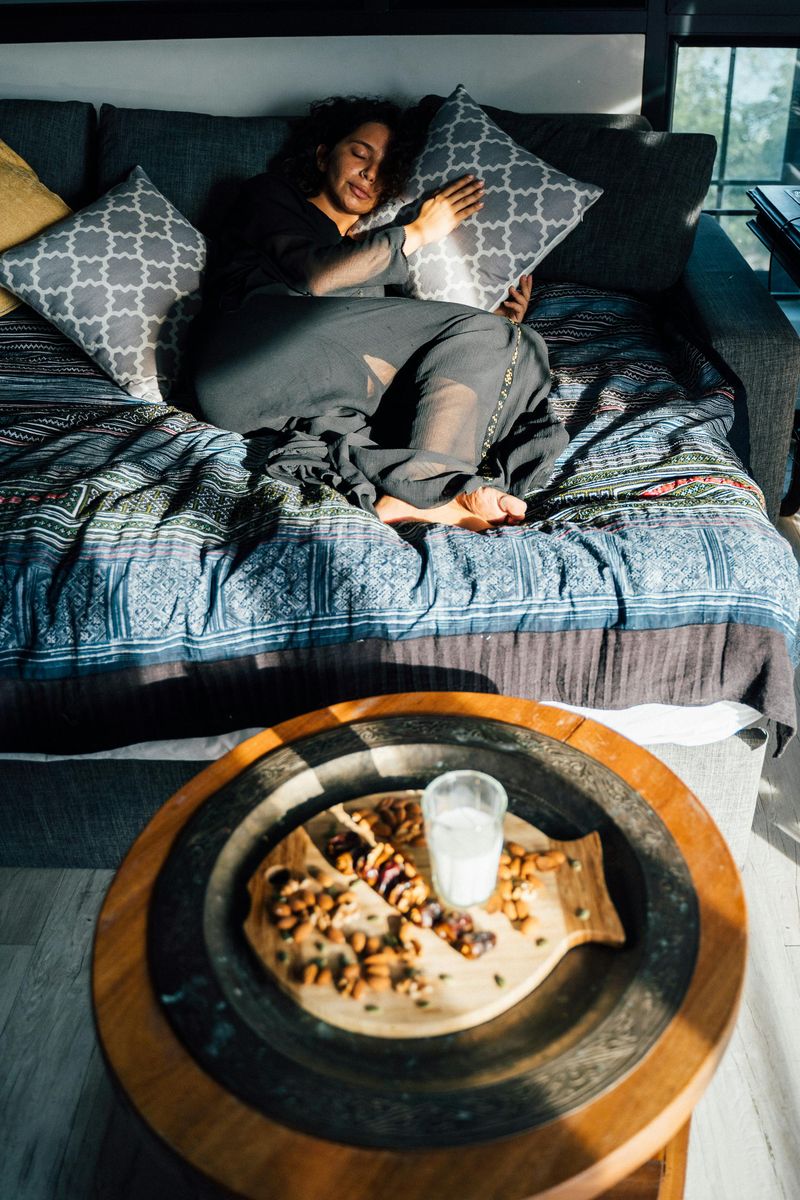
Afternoon naps feel wonderful, but timing and length matter enormously. Long naps or those taken too late in the day steal your nighttime sleep drive, making it harder to fall asleep when you actually want to.
Successful sleepers either skip naps entirely or keep them short—around 20 minutes maximum. They nap before 3 PM to avoid interfering with bedtime. This brief rest refreshes without depleting the sleep pressure that builds throughout the day.
Understanding your personal sleep needs helps you decide if napping helps or hurts. Some people do better without any daytime sleep, letting tiredness accumulate naturally for nighttime.
10. They Cushion Their Transition

Crashing into bed exhausted might seem like the fastest way to sleep, but it often does the opposite. The body needs a calm descent, not an abrupt stop. Reading provides that smooth transition, helping the mind shift gears naturally.
People who fall asleep easily often make reading part of their nightly ritual. A few pages of fiction or a light nonfiction book gently occupy the mind without overstimulating it. Unlike screens, printed pages encourage focus and quiet mental drift.
This peaceful habit signals the brain that it’s safe to let go of the day. The rhythmic act of turning pages slows the heartbeat, softens thoughts, and makes the journey into sleep effortless and consistent.

Comments
Loading…